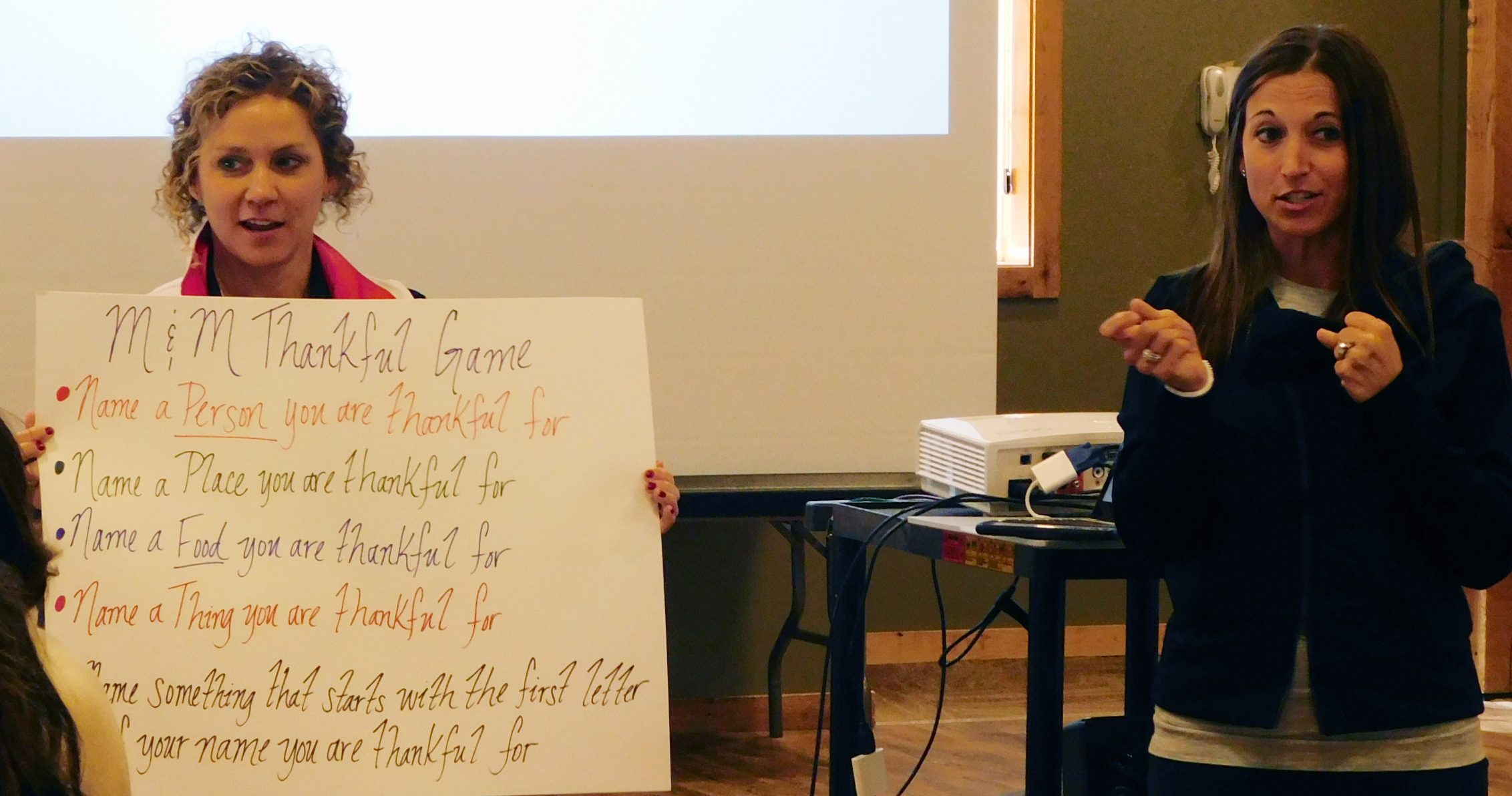Children, Families, and the Law, Center on

Center on Children, Families, and the Law: Faculty Publications
Document Type
Article
Date of this Version
3-2020
Citation
Published in Children and Youth Services Review 112 (2020) 104925
Abstract
Background: This evaluation examined the use of the Facilitated Attuned Interaction (FAN) approach to reflective practice among child welfare and early childhood professionals working with vulnerable children and families.
Objective: The aims of the current evaluation were to test (a) the role of vicarious trauma in predicting professional burnout, (b) the effect of reflective practice quality in decreasing professional burnout, and (c) the ability of reflective practice quality to lessen the relationship between vicarious trauma and professional burnout.
Participants and Setting: The sample included sixty-three professionals across diverse professions including child welfare social workers, early childhood educators, and child welfare attorneys.
Methods: Child welfare and early childhood professionals participating in reflective practice with consultants trained in the FAN approach to reflective practice completed surveys measuring their vicarious trauma, burnout, and the quality of reflective practice pre-intervention as well as nine months post-intervention.
Results: Results indicated that pre-intervention vicarious trauma directly and significantly increased child welfare and early childhood professionals’ post-intervention reports of professional burnout, β = 0.42, [95% CI: 0.08, 0.76]. Post-intervention reflective practice quality did not directly nor significantly reduce professionals’ post-intervention reports of professional burnout, β = −0.06, [95% CI: −0.46, 0.36]; however, the relationship between pre-intervention vicarious trauma and post-intervention burnout was significantly diminished by positive perceptions of reflective practice quality, β = −0.36, [95% CI: −0.69, −0.02].
Conclusion: Vicarious trauma was associated with increased rates of professional burnout among child welf essionals. The current evaluation indicates the potential benefit of receiving high quality reflective practice with the FAN approach.
Included in
Administrative Law Commons, Courts Commons, Criminology and Criminal Justice Commons, Domestic and Intimate Partner Violence Commons, Family Law Commons, Family, Life Course, and Society Commons, Juvenile Law Commons, Law and Psychology Commons, Law Enforcement and Corrections Commons, Nonprofit Organizations Law Commons, Social Policy Commons, Social Welfare Commons, Social Welfare Law Commons


Comments
Copyright ©2020 Elsevier Ltd. All rights reserved. Used by permission.